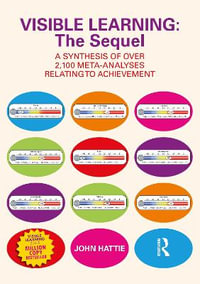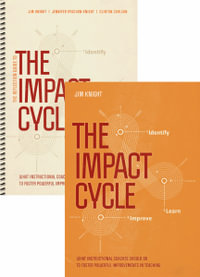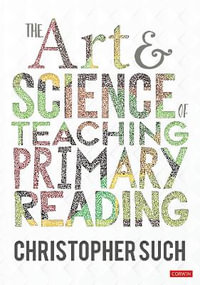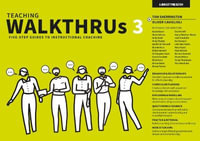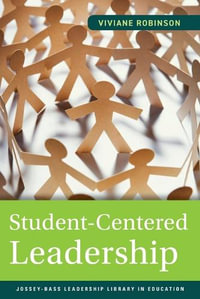"Offering a timely and comprehensive survey of global trends and major initiatives in countries across the globe, this book delivers a well-researched series of reports germane for anybody in STEM (science, technology, engineering, and mathematics) policy, leadership, or research. The principal aim of the book is to promote understanding and learning through global perspectives on STEM policy, history and trends, practice, and data to both widen and deepen understandings of the potential for STEM to impact society. The initial chapters of this edited volume set the stage by addressing key STEM-related issues, such as women in STEM, curriculum, teachers and teaching, cultural perspectives, innovation, and partnerships. Chapter 2 makes an important contribution to the field by offering a lens on comparative international data while casting doubt on widely accepted myths underpinning the potential of the promotion of STEM as a stand-alone policy to transform economies. Subsequent chapters are essentially national reports, representing a range of challenges and perspectives across such countries as Korea, China, the US, the UK, Russia, Australia, and Finland, among others. Taken as a whole, this book offers much-needed cultural and comparative perspectives on STEM, and it stands as a rigorous and rich resource for those in STEM fields." --D. M. Moss, University of Connecticut, Published in CHOICE connect July 2015 issue
"Offering a timely and comprehensive survey of global trends and major initiatives in countries across the globe, this book delivers a well-researched series of reports germane for anybody in STEM (science, technology, engineering, and mathematics) policy, leadership, or research. The principal aim of the book is to promote understanding and learning through global perspectives on STEM policy, history and trends, practice, and data to both widen and deepen understandings of the potential for STEM to impact society...Summing Up: Recommended. Graduate students through professionals and practitioners." --D. M. Moss, University of Connecticut, for CHOICE, July 2015
"Every country pays attention to STEM, and also feels a sense of crisis. This is a very interesting book to know the ongoing global competition in the knowledge society." -- Akiyoshi Yonezawa, Associate Professor, Graduate School of International Development, Nagoya University, Japan
"This book provides an excellent global account of the importance and nature of STEM subjects. It is the first such coverage of key matters for policymakers and will be an essential guide to governments and others looking to encourage more innovative and creative economies and their facilitating education systems." -- Professor Roger King, School of Management, University of Bath, UK
"The result is a useful and quite comprehensive overview of the perceptions of the need for urgent action on STEM and the various national responses to these perceptions. The chapters are written to a high standard with a good deal of quantitative information in each. Tables and graphics are clear and sharply reproduced. The data are accompanied by detailed, insightful and well-written descriptions and discussions of developments in each country along with a copious reference list....It is hard to avoid thinking that the world's STEM worries, described so fully in 'The Age of STEM', might be a global re-run of the USA's STEM roller coaster ride of the last sixty-five years. Whether or not this is the case, Freeman, Marginson and Tytler have given us a welcome portrayal of STEM across the globe." -- Neil Mudford, Visiting Fellow with UNSW, casual specialist lecturer with the University of Queensland and a member of the Australian Universities' Review editorial board, in Australian Universities' Review (vol. 57, no. 2, 2015)








